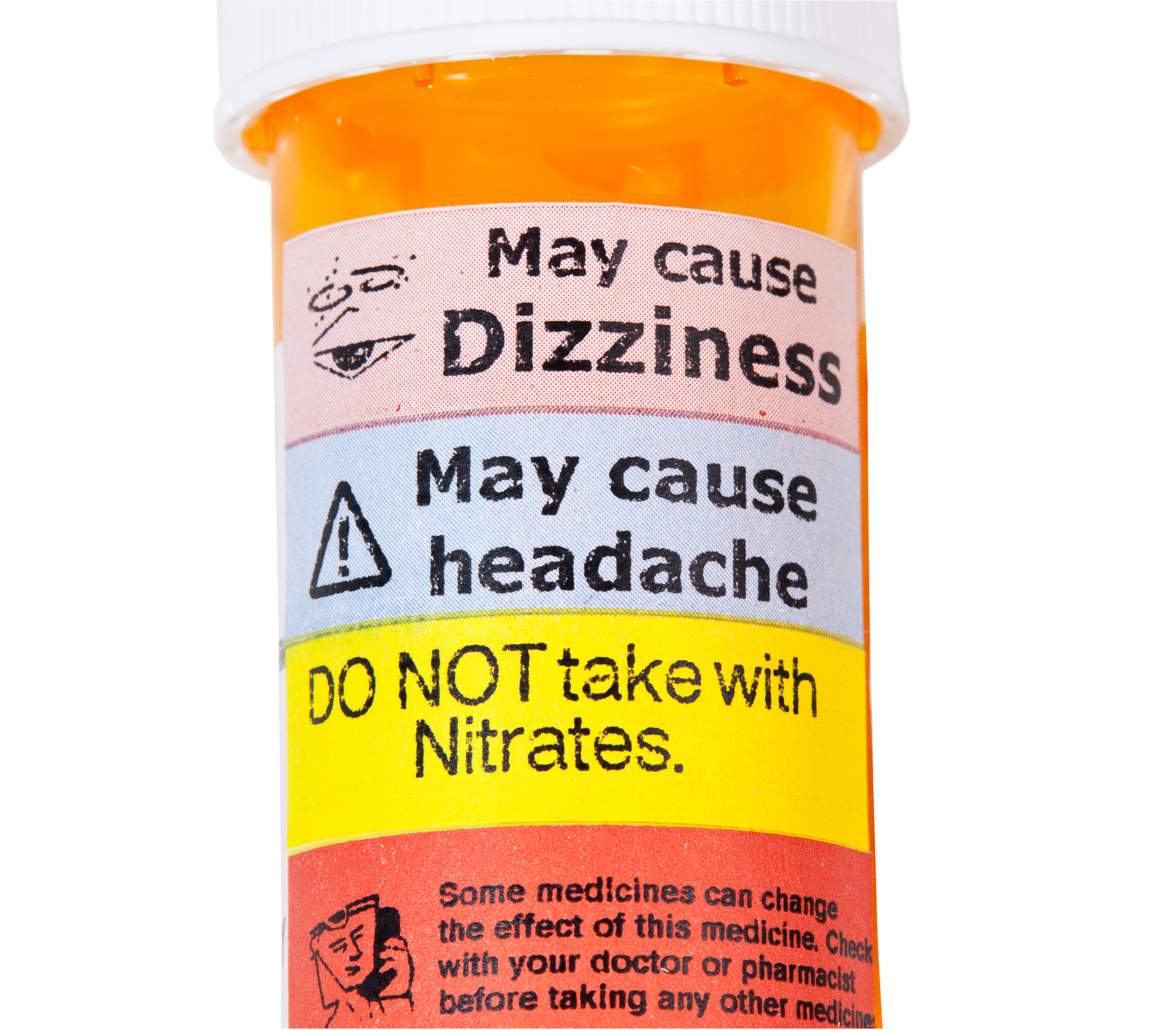Dizziness and vertigo series: Part 2 of 2
If you are experiencing dizziness or vertigo and you have been taking medication for another health reason, you should look into whether or not the medication is causing the dizziness.
“If you Google dizziness, most medications are going to have it as a side effect,” Dr. Brooke Pearce said.
While many things in the pharmaceutical (even over the counter) realm could make you dizzy – it is smart to get ahead of it by talking to your doctor or pharmacist about side effects.
You are not alone experiencing this side effect. It’s just time to better understand it.
Pearce said, “Medications can interact with the vestibular system; our bodies change over time and the body’s ability to metabolize changes.”
For those who experience vestibular (inner ear-related) symptoms, Pearce said she knows “it’s very debilitating, frustrating and defeating for a lot of patients,” especially after going to one appointment after another.
Her approach is to perform comprehensive testing, guide a patient to where they need to be or treatment options, and ultimately “take the weight off the patient and put the right processes in motion.”
She hears patients’ experiences, knows that many conditions in her field are so treatable, yet patients are not in the right hands. She said “It is so frustrating.”
Her focus and goal throughout her career is that
- Patients with inner ear dizziness are properly identified
- They reach proper resources quickly
- They know they are not crazy or its “all in their head”
Both in technology and therapeutically a lot of progress is being made.
Pearce said she anticipates the FDA to clear some vestibular devices that are going to be surgically implanted in patients in the future and there are exciting developments with various diagnostic equipment companies locally and internationally.
Advancements in therapy include VR (virtual reality) applications. They are designed differently than getting into the gaming world or a movie. “We use them therapeutically by simplifying the stimuli. It has provided a nice bridge for patients back into the real world.”
Optokinetic stimulation is a “very nice and simple way for a lot of patients to activate the recovery progress of the vestibular ocular reflex (VOR). We use the diagnostic testing to determine their tolerance thresholds and build a treatment plan including VR to increase those thresholds back into a normal range,” Pearce said.
“From a research standpoint, there is a lot that is really moving mountains,” she said.
A few years ago, Pearce’s company “designed a software program that allows a lot of visual exercises and visual desensitization sequences (head and eye movements used in the clinic) that patients can access at home on their Smart TVs, tablets or through VR.” This allowed her to expand her patient-base, as individuals need not necessarily live in Southern California.
“There is hope!” Pearce said she is witnessing “enough momentum in the research and interest in the medical community in these symptoms to attract capital from investors allowing build outs of proper vestibular labs. The days of living with an undiagnosed inner ear weakness due to lack of resources or understanding have passed.”
The trajectory of where this is headed:
“People are really willing to invest in their health and dedicate their time to recovery. They need to know there are objective resources to assist in the diagnosis of their dizziness, professionals who care and processes that work for recovery,” she said.
Isn’t that the truth! It is sure an exciting time in medical advances.
If you have a health related question that I can ask an expert, submit it here.
Watch for more from Dr. Brooke Pearce in “Do I need to tell my doctor about the supplements I take?”
This website does not provide medical advice. No material on this site is intended to be a substitute for professional medical advice, diagnosis or treatment. It is for informational purposes only. Always seek the advice of a medical professional or other qualified health care provider on any health matter or question.
